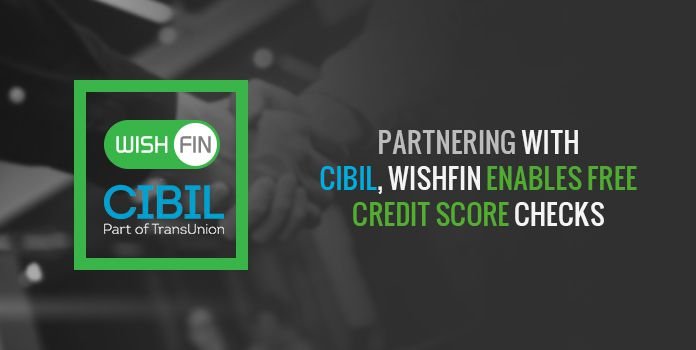It is a common misperception that someone with a low cibil score is unable to obtain loans or credit. A poor CIBIL score might result from a variety of unavoidable events, such as actual financial trouble or forgetting to have enough funds in your account and therefore missing the due date.
Your credit score reflects your payment history and credit behaviour in the past. A poor credit score, on the other hand, is not the end of the road. You can get back to a respectable online CIBIL score with a little patience and strategic strategy.
Here are a few options for improving your credit score
Pay off all outstanding amounts: Paying off all outstanding amounts is the first and most important step in bouncing back from a poor cibil score. If you have multiple loan accounts and credit cards, you can consolidate your debts by taking out a single loan to pay off all of your outstanding debts. Your primary objective should be to pay off all of your bills including EMIs. A good credit history leads to better credit terms in the future.
Reduce existing EMIs to 30% of monthly income
Make sure that the EMI to monthly income ratio does not exceed 30% of your net wage. Your financial ability to repay the loans responsibly will be harmed if your EMI exceeds 30% of your monthly income.
Take advantage of both secured and unsecured loans
You can create a solid credit score by borrowing a healthy variety of credit, such as secured and unsecured loans with short and long terms. This will assist you acquire access to large loan amounts and low-interest rates in the future when you apply for a personal loan. It will improve your credit record since lenders will see that you are eager to return the loans, whether or not they are secured.
Keep track of your CIBIL Score and report on it on a regular basis
Check your CIBIL score on a frequent basis for any mistakes. CIBIL may make mistakes when updating your information or record wrong information against your report on occasion. Your credit score may suffer as a result of inaccurate information. As a result, you should make it a habit to check your credit report on a regular basis. You can ensure that the information on your credit report is accurate and fair as creditors and insurers evaluate it by keeping track of your credit score and report.
Maintain previous credit cards to extend your credit history
Once you’ve paid off your debt, keep your old credit cards. The oldest credit card you have will be of the most assistance to you. This will allow you to establish a long and solid credit history. Paying your bills on time and maintaining a clean credit history will help you enhance your credit score in the future.
Choose a long payback term when taking out a loan
When taking out a loan, make sure you choose a long repayment term. Longer terms result in reduced EMIs, allowing you to make on-time payments. Your credit score gradually improves if you do not delay, default, or omit EMI payments.
Take little loans at a time to avoid taking on too much debt at once
By repaying one debt and then taking the other, you can keep your credit score from collapsing. Taking out many loans like personal loan indicates that you don’t have enough money, and your credit score will suffer as a result. Your credit score will improve if you take out a loan and pay it back on time.
Following the steps outlined above can help you recover from a negative credit score quickly. These procedures, however, will not immediately affect your credit score. Your credit score will improve over the course of six months to a year.
